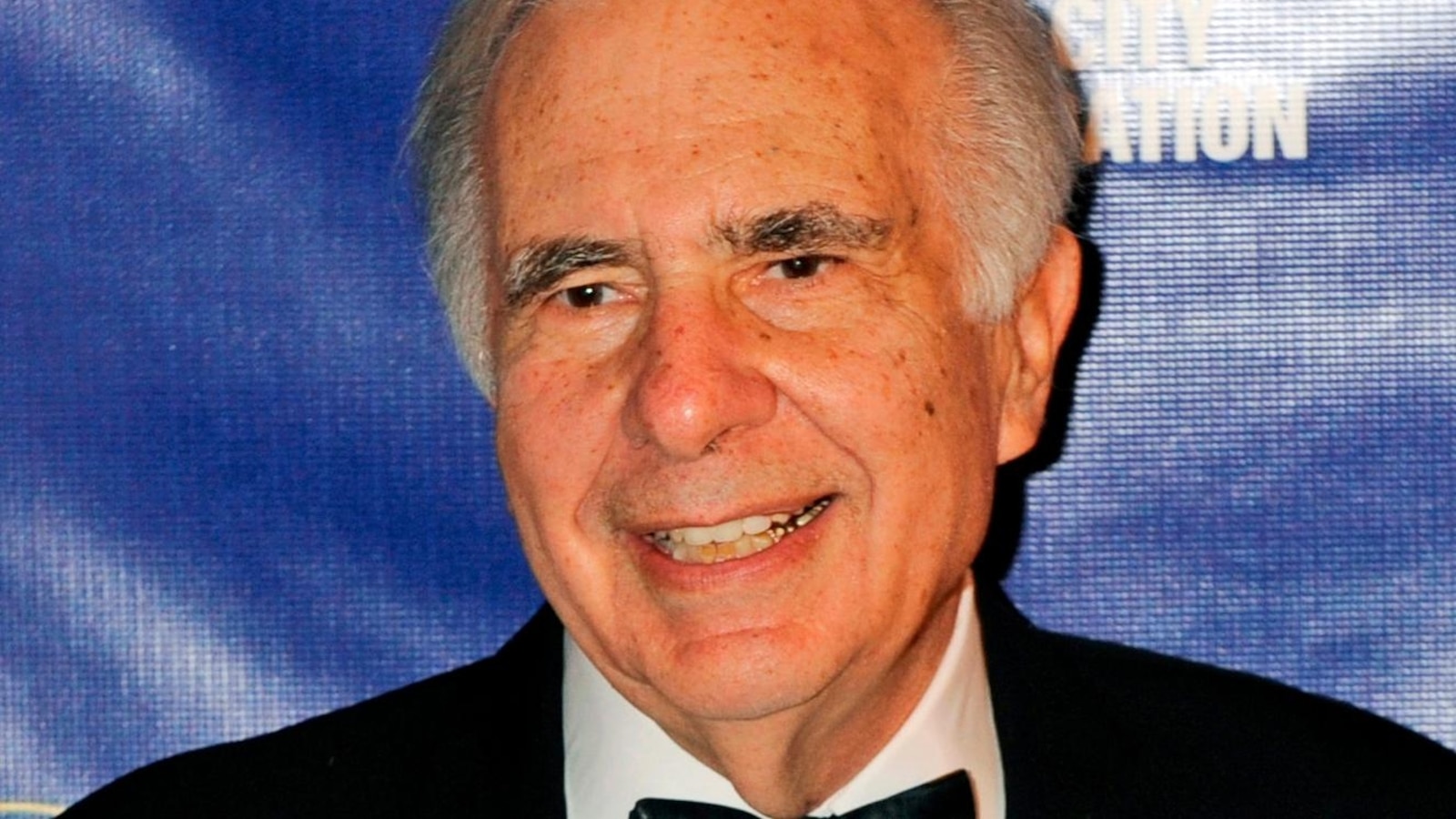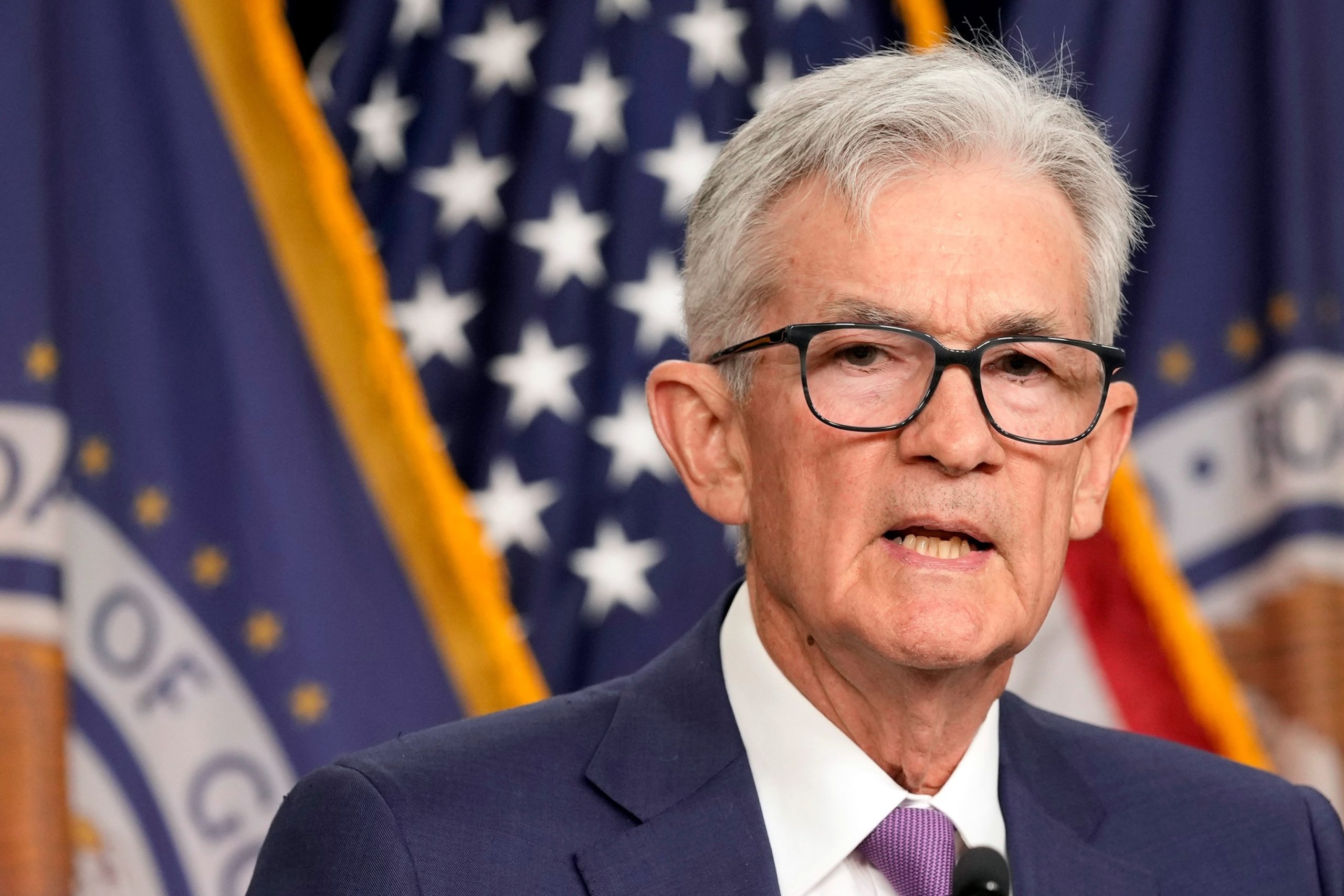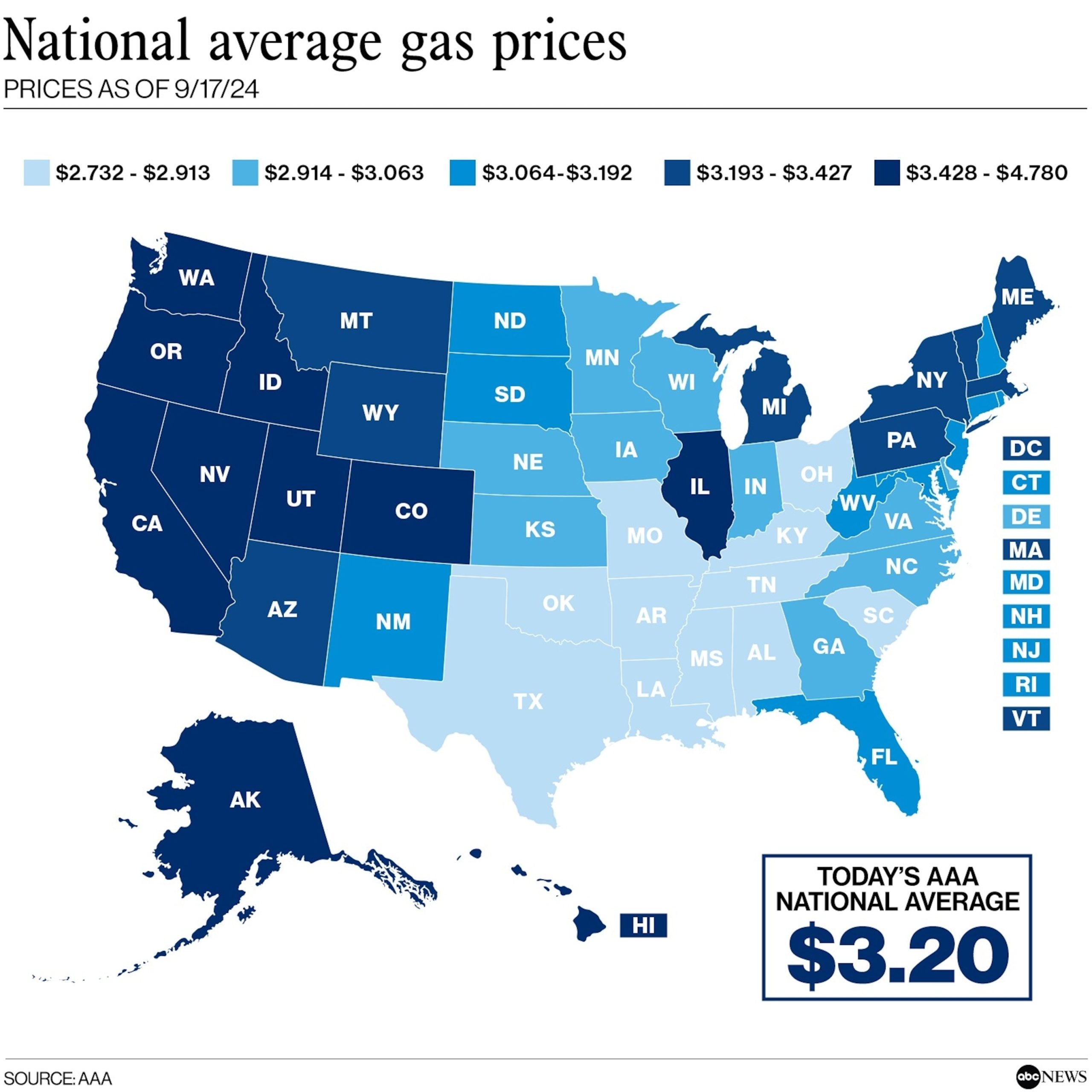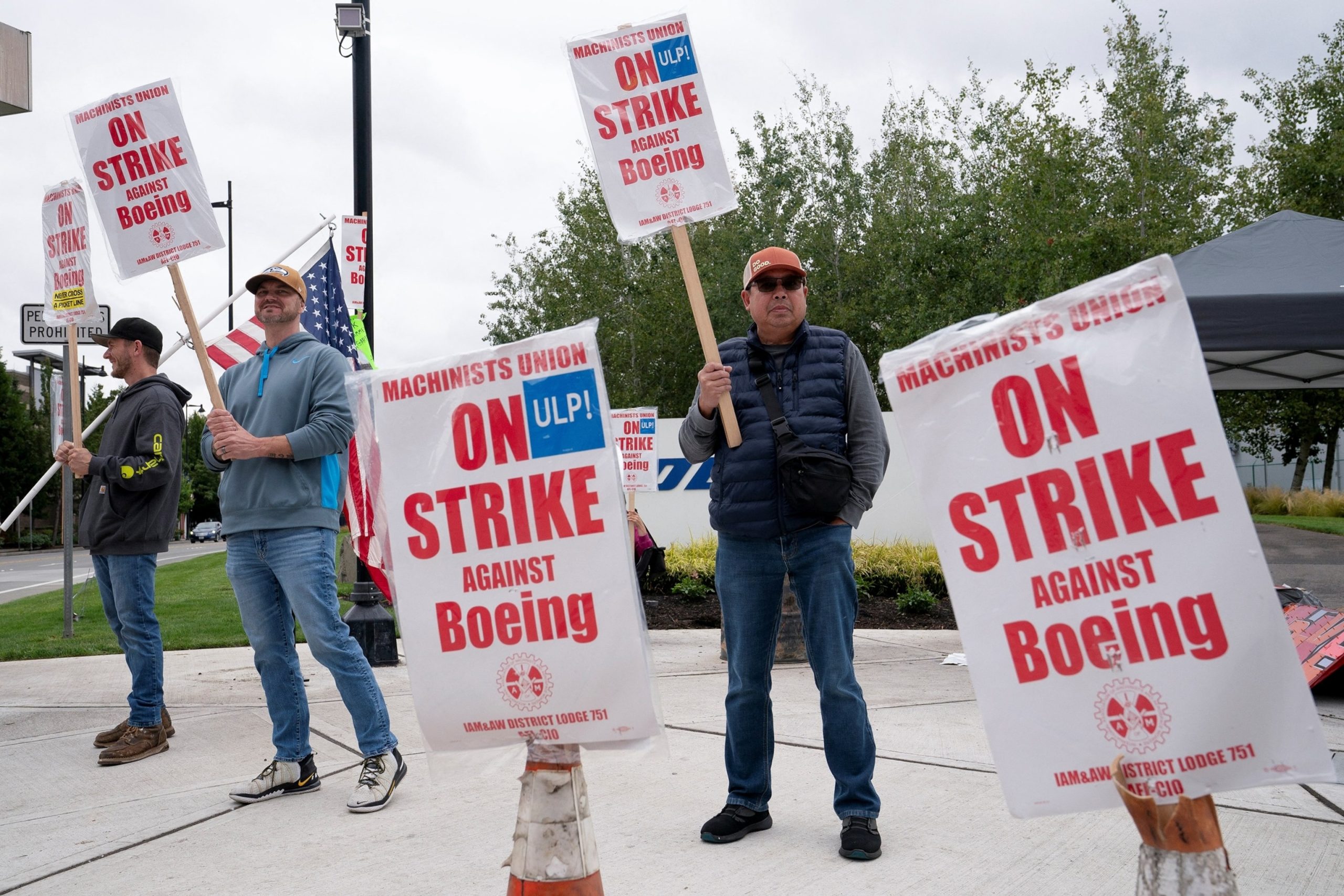
Billionaire Carl Icahn and his company were charged by U.S. regulators with failing to disclose personal loans worth billions of dollars that were secured using securities of Icahn Enterprises as collateral.
Icahn Enterprises and Icahn have agreed to pay $1.5 million and $500,000 in civil penalties, respectively, to settle the charges, the Securities and Exchange Commission said Monday.
The agency said that from at least Dec. 31, 2018 to the present, Icahn pledged approximately 51% to 82% of Icahn Enterprises’ outstanding securities as collateral to secure personal loans with a number of lenders.
The SEC said Icahn Enterprises failed to disclose Icahn’s pledges of the company’s securities as required in its annual report until Feb. 25, 2022. Icahn also failed to file amendments to a required regulatory filing describing his personal loan agreements and amendments, which dated back to at least 2005, and failed to attach required guaranty agreements. Icahn’s failure to file the required amendments to the regulatory filing persisted until at least July 9, 2023, the agency added.
Icahn became widely known as a corporate raider in the 1980s when he engineered a takeover of TWA, or Trans World Airlines. Icahn bought the airline in 1985 but by 1992 it filed for bankruptcy. TWA emerged from bankruptcy a year later but continued to operate at a loss and its assets were sold to American Airlines in 2001. In February Icahn took a nearly 10% stake in JetBlue.
Icahn Enterprises and Icahn, without admitting or denying the findings, have agreed to cease and desist from future violations and to pay the civil penalties.
In May 2023 Icahn Enterprises’ shares tumbled following a report from short-selling firm Hindenburg Research. In the report, Hindenburg claimed that Icahn Enterprises had been using inflated asset valuations. The report also pointed to “ponzi-like economic structures” at the holding company — alleging that Icahn had used money from new investors to pay out dividends to old ones.
Icahn, in statement on Monday, hit back at Hindenburg. ““After Hindenburg issued a false report to make money on its short position at the expense of ordinary investors, the government investigation that followed has resulted in this settlement which makes no claim (Icahn Enterprises) or I inflated (net asset value) or engaged in a ‘Ponzi-like’ structure,” he said. “Hindenburg’s modus operandi, which is to publish scurrilous and unsupported allegations, did damage to (Icahn Enterprises) and its investors. We are glad to put this matter behind us and will continue to focus on operating the business for the benefit of unit holders.”
Shares of Icahn Enterprises fell more than 6% Monday.
Billionaire investor Carl Icahn has reached a settlement with the United States government over allegations that he misused his position as chairman of a company to secure personal loans. The settlement, which was announced on Tuesday, includes a payment of $1.2 billion to the government and an agreement to step down from his role as chairman of the company.
The allegations against Icahn stem from his time as chairman of the board of a major corporation, where he allegedly used his influence to secure loans for personal use. The loans were reportedly used to fund various personal expenses, including luxury vacations and real estate investments.
The settlement with the government represents a significant blow to Icahn, who is known for his aggressive investing style and has amassed a fortune estimated at over $20 billion. In addition to the financial penalty, Icahn has also agreed to relinquish his position as chairman of the company, marking the end of his tenure at the helm of one of the country’s largest corporations.
The case against Icahn highlights the potential risks of conflicts of interest in corporate governance, where individuals in positions of power may use their influence for personal gain. The settlement serves as a reminder that even billionaires are not above the law and must be held accountable for their actions.
In a statement following the settlement, Icahn expressed regret for his actions and pledged to cooperate fully with the government’s investigation. He also emphasized his commitment to ethical business practices and stated that he would work to rebuild his reputation in the wake of the scandal.
The settlement with Icahn is a significant victory for the government, which has been cracking down on corporate misconduct in recent years. It sends a clear message that individuals who abuse their positions of power will face consequences for their actions, regardless of their wealth or influence.
Overall, the case serves as a cautionary tale for corporate executives and investors alike, highlighting the importance of transparency and accountability in business dealings. It also underscores the need for robust oversight and enforcement mechanisms to prevent abuses of power and protect the interests of shareholders and the public.


